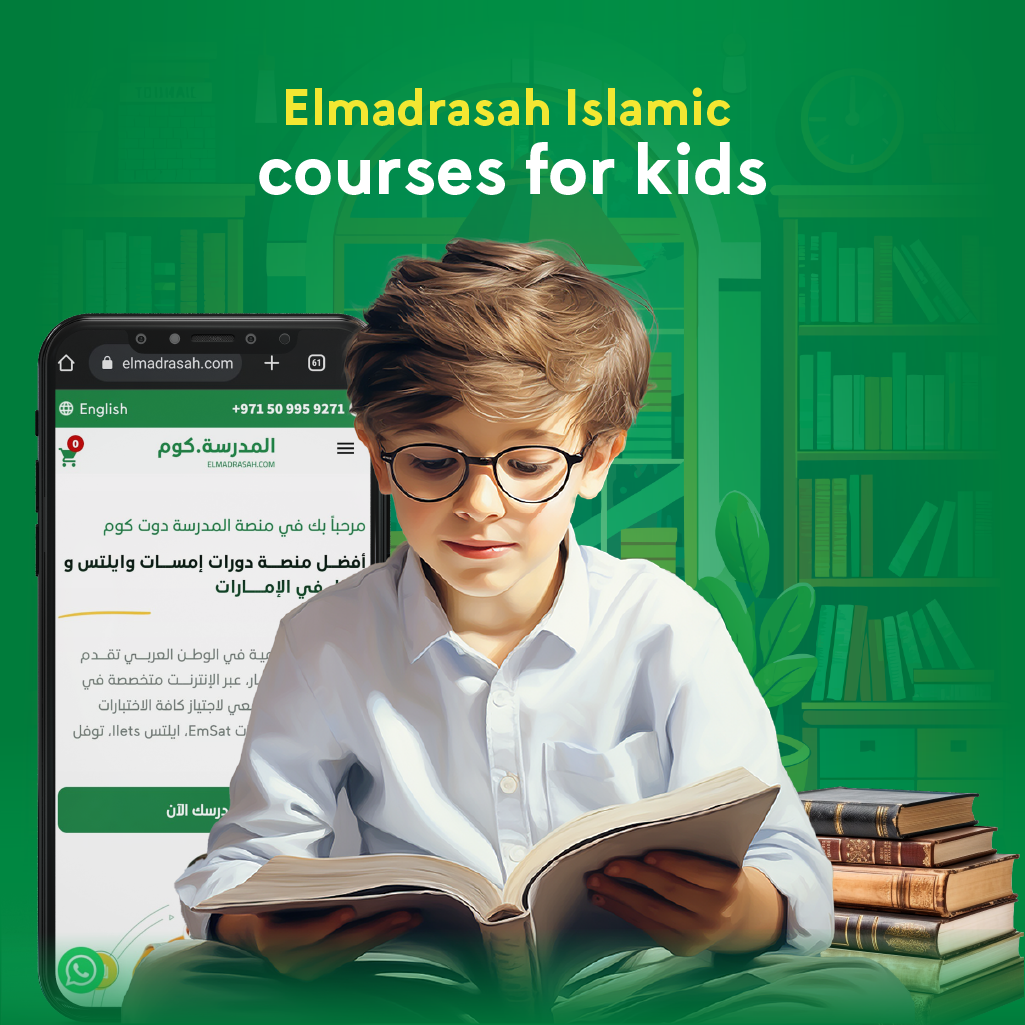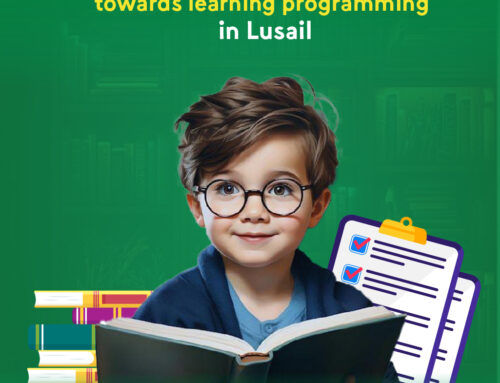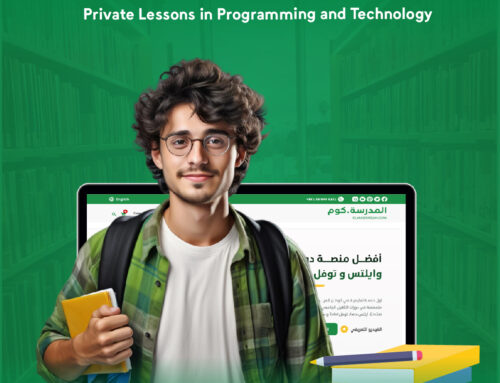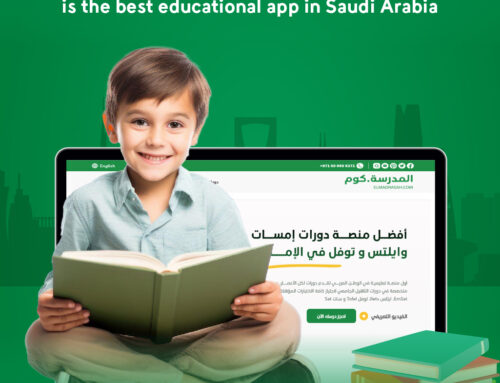
Islamic courses for kids are an important means of promoting Islamic values and principles in the souls of young people, as they aim to teach them the basics of religion, such as the Holy Quran and the Prophet’s biography, in a fun and interactive way that suits their age. Through these courses, children learn how to apply the teachings of Islam in their daily lives, which contributes to shaping their personalities and enhancing their religious and social awareness. These programs also provide a safe and stimulating educational environment, helping children gain knowledge and enhance critical thinking skills in an Islamic context.
The Importance of Islamic courses for kids
Islamic courses for kids play a pivotal role in building their personalities and guiding them towards a moral and ethical life based on the teachings of the Islamic religion. Here are some of the most important benefits and importance of these courses:
Instilling Islamic values:
- Promoting morals: Islamic courses for kids teach children moral values such as honesty, trustworthiness, cooperation, and respect. These values form an important foundation for building their personalities and raising them on the principles of Islam.
- Teaching correct behaviors: Islamic courses for kids help guide children towards correct behaviors in their dealings with others and in society.
Spiritual education:
- Strengthening the relationship with God: Teaching children the foundations of worship such as prayer and fasting makes them more aware of their religious role and strengthens their relationship with God from an early age.
- Developing faith: Islamic courses for kids help teach children the concept of faith in God and relying on Him in their daily lives.
Building Islamic identity:
- Promoting religious affiliation: Islamic courses for kids help them understand their religion and history, which enhances their sense of belonging to the Islamic community.
- Developing religious awareness: By studying the Holy Quran and the Sunnah, children are able to understand the importance of religion in their daily lives and how to apply its teachings in various situations.
Teaching the Holy Quran:
- Memorizing the Quran: Islamic courses for kids provide an opportunity to learn and memorize the Holy Quran, which helps them adhere to the Book of Allah and understand its meanings.
- Teaching Recitation and Tajweed: Teaching children to read the Quran and recite it correctly contributes to improving their language skills and understanding of religious texts.
Enhancing Social Interaction:
- Teamwork: Islamic courses for kids provide an opportunity to interact with their peers in an educational environment, which enhances the spirit of teamwork and cooperation.
- Forming friendships based on religious principles: Interacting with other children who share the same values helps build strong friendships that support children’s religious and social growth.
Intellectual Education:
- Teaching basic religious concepts: Islamic courses provide children with a comprehensive understanding of religious concepts such as monotheism, the pillars of Islam, and the pillars of faith, which contributes to building their religious culture.
- Enhancing Thinking Skills: Children learn how to think critically and consciously by studying the stories of the prophets and historical events in Islam.
Enhancing Self-Discipline:
- Teaching Commitment: Islamic courses for kids teach the importance of commitment to religious worship and duties, which enhances their self-discipline and responsibility towards performing those acts of worship.
Providing a Safe Learning Environment:
- Protecting children from negative influences: These courses provide children with a safe learning environment away from the negative influences they may encounter in society or through the media.
Islamic courses for kids are an essential element in developing their religious and moral personalities, teaching them Islamic values, and strengthening their religious identity. They contribute to guiding children towards a balanced life, full of faith and commitment to the teachings of the Islamic religion.
How to benefit from Islamic courses for kids
To get the most out of Islamic courses for kids, a set of steps must be followed to ensure that the child gets the best religious educational experience. Here are some tips on how to benefit from them:
Choosing the right courses:
- Age-appropriate content: It is important to choose courses that are appropriate for the child’s age and level of understanding, so that the content is simple and understandable.
- Diversity of topics: Choose courses that include multiple topics such as the Holy Quran, Hadith, the Prophet’s biography, and Islamic ethics, to ensure comprehensive coverage of religious education.
- Interactive courses: Courses that rely on interaction and participation encourage children to enjoy the lessons and learn effectively.
Consistency and discipline:
- Regular schedule: Setting a fixed time daily or weekly to attend courses helps the child commit to learning and develop his religious habits.
- Progress monitoring: Parents can monitor the child’s progress in the courses and help him achieve his goals such as memorizing parts of the Quran or understanding specific topics in religion.
Parental participation:
- Shared learning: Parents can attend some lessons with their children or review what they have learned after the lessons are over. This enhances the child’s understanding and shows him the importance of religious education in family life.
- Providing support and motivation: Continuously encouraging the child to attend classes, and giving small rewards when they achieve accomplishments, enhances their desire to learn.
Using practical learning:
- Applying what the child learns: After attending the courses, the child should be encouraged to apply what he has learned in his daily life. For example, if he is learning about prayer, he should be encouraged to perform prayers regularly.
- Religious activities: Participating in religious activities such as memorization circles or charitable works will enhance the application of the Islamic concepts that the child is learning.
Creating a positive learning environment:
- A stimulating environment: An encouraging environment should be provided at home for learning, such as providing quiet time and a comfortable place to attend classes.
- Educational resources: Providing additional resources such as Islamic children’s books, religious stories, and educational games that enhance what the child learns in the courses.
Interacting with teachers:
- Asking questions and inquiries: The child should be encouraged to ask questions and seek clarification from his teachers during or after the courses, which enhances his understanding and encourages him to participate.
- Communicating with teachers: Parents can communicate with teachers to obtain guidance on how to support the child at home and improve his performance.
Using Technology Effectively:
- Benefit from Educational Applications: Use educational applications that enhance the child’s religious learning and allow him to review the study materials in an interesting way.
- Online Courses: If Islamic courses are available online, you can benefit from the advantages of distance learning such as flexibility in time and the possibility of repeating lessons.
Evaluation and Improvement of Performance:
- Periodic Evaluation: The child’s progress should be evaluated periodically to ensure that he has absorbed and understood the content. This could include reviewing the materials or conducting simple tests.
- Identifying Points of Improvement: If the child faces difficulties in a particular subject, additional ways should be sought to improve this aspect, whether through private lessons or supplementary activities.
Linking Religious Education to Daily Life:
- Integrating Education with Practical Life: Try to link what the child learns in the courses to daily life situations. For example, if the child is learning about honesty, encourage him to apply this in his daily dealings.
- Stories and Tales: Use religious stories and tales to reinforce what the child learns and make the concepts closer to his personal life.
Developing a love for religion:
- Teaching religion with love and desire: Try to make religious education a fun and stimulating experience, so that the child feels love for what he is learning, whether through games or interactive activities.
- Encouraging the child to explore: Let the child choose the topics that interest him most in religion, whether it is the stories of the prophets or memorizing the Qur’an, which enhances his passion for knowledge.
Benefiting from Islamic courses for kids depends on choosing the appropriate courses, providing an encouraging environment, following up and supporting the parents, and applying what the child learns in his daily life. Through these steps, children can grow in faith and become religious in a natural and enjoyable way.
The role of Elmadrasah.com in providing Islamic courses for kids
Elmadrasah.com platform plays an important role in providing Islamic courses for kids by providing a comprehensive and diverse educational environment that combines interactive education with reliable religious content. Here are some key aspects of the platform’s role:
- Comprehensive and diverse content: The platform offers a variety of courses that include teaching the Holy Quran, Tajweed, Hadith, the Prophet’s biography, and jurisprudence. This gives children the opportunity to learn the foundations of religion in an integrated manner.
- Teaching the Holy Quran: The platform provides programs for memorizing the Holy Quran in a gradual manner that is appropriate for children’s ages, which contributes to building their ability to memorize and understand the Book of Allah properly.
- Interactive lessons: Elmadrasah.com relies on interactive techniques to motivate children to participate, as videos, educational games, and interactive activities are used to make the learning experience fun and effective.
- Qualified teachers: The platform relies on teachers who specialize in Islamic education and have experience in dealing with children, which ensures that information is presented in an easy and understandable way.
- Flexible distance learning: The platform allows children and their families to learn remotely at any time and place, providing flexibility for parents in choosing the appropriate times to learn the Islamic religion.
- Promoting Islamic values: The platform focuses on instilling Islamic values in children through content that addresses sound Islamic morals and behaviors, which contributes to building a balanced Islamic personality.
In conclusion, Islamic courses for kids represent a valuable opportunity to develop religious awareness and promote moral values in the lives of young people. Through interactive curricula and educational activities, children are able to understand the teachings of their religion more deeply and apply them in their daily lives. Investing in these courses not only contributes to building a conscious and faithful generation, but also strengthens family and community ties, making them positive individuals who contribute to their society. Therefore, encouraging children to participate in such programs is an important step towards a better tomorrow.















